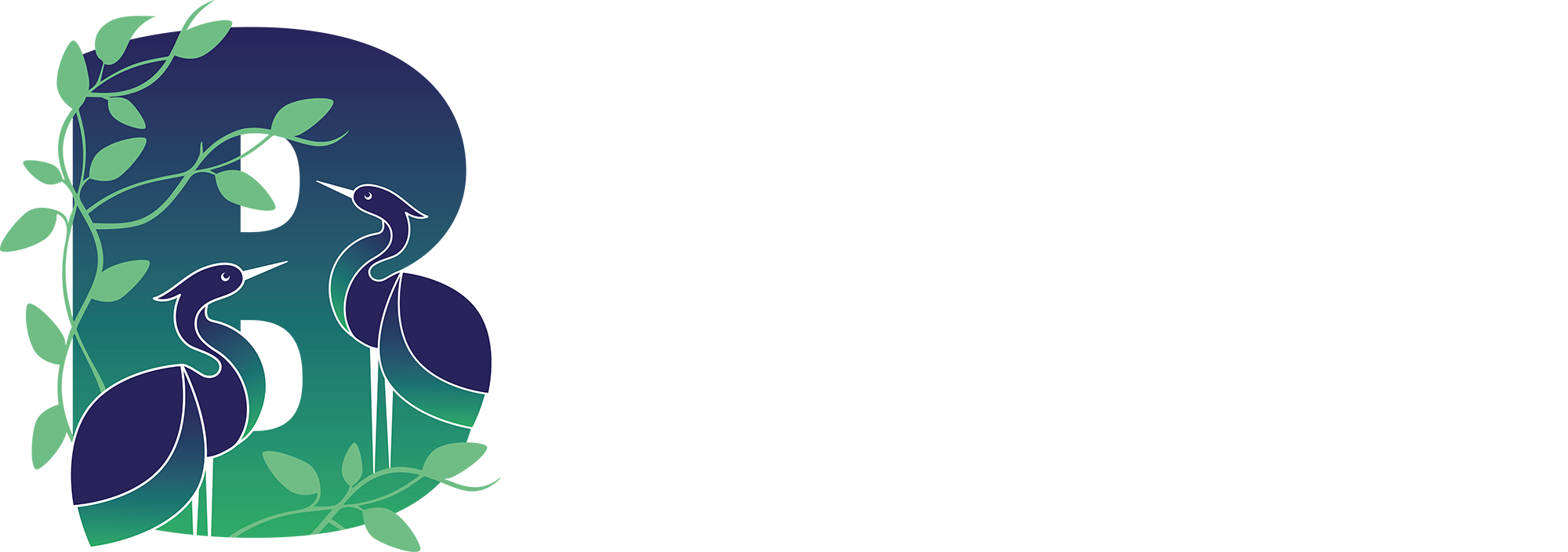Reading
At Bassingbourn Primary School our ambition is that every child will leave our school able to read and with the skills required to interpret and work with a range of texts. We aim to create a love of reading in all pupils, regardless of their background, needs, interests or abilities.
Reading is taught in a structured progressive way across the school, using age-appropriate content and methods. We follow the National Curriculum and ensure objectives from this are met within English lessons.
EYFS and KS1
Reading is taught through explicit daily phonics lessons and weekly small group guided reading sessions. Children will also be taught key reading objectives through their curriculum English lessons.
All pupils take home 3 books:
- One which is phonically decodable at their level and may be the one they have read in guided reading in order to develop fluency and understanding.
- One which is book banded for their level of understanding and containing some trickier non-decodable words. These help the child to develop other methods for reading new words such as using context clues.
- One library book, which may be beyond their independent reading skills with the intention that they should share this book with an adult for interest and enjoyment.
Children in EYFS are taught key sight vocabulary through taking home ‘Rainbow words’ cards. Some children in Years 1 and 2 may also continue to use these to develop their knowledge of key words.
Teachers in all classes read stories and other texts for enjoyment and to widen the children’s experience of different types of writing beyond their own reading level.
KS2
In KS2 pupils take part in whole class guided reading lessons once a week for an hour. They also cover key reading objectives in their curriculum English lessons. Within these lessons, teachers will work with individuals or small groups who need further support. Guided intervention groups also occur at other times with those children who need more focused teaching.
KS2 pupils use the ‘Accelerated Reader’ programme for choosing reading books and ensuring progression. This is introduced to children in Year 3 when they are at a suitable level. Books in the KS2 library have accelerated reader banding. The books are awarded both difficulty and maturity levels, so that children can be guided to read books that are appropriate to both their reading ability and their chronological age. Children sit a Star Reader test at the start of each term to establish what range of levels they should be reading. Once they have finished a book, they have to complete the associated online quiz either at home or at school to ensure comprehension of the text. Class teachers monitor their class’s progress and understanding using this system.
Pupils have individual reading records for recording both what they have read and their responses to the texts. As they progress through KS2, they are encouraged to take ownership of these and write more frequent and detailed responses to their reading.
Key vocabulary
Across all curriculum subjects, progressive, Tier 3 key vocabulary is explicitly taught for each topic, in order to broaden children’s range of language. Electronic and physical texts are used within all topics and children are expected to apply their reading skills across the curriculum. We use Mrs Wordsmith resources across the school to enable access for pupils to new and interesting words.
Enrichment
It is important that reading is enjoyable for children and that they see reading as part of their daily life. Enjoyment of reading and texts is encouraged in all classes in the school and across the school year.
In order to develop a love of reading, all classes have attractive book corners or book shelves with a range of quality age-appropriate texts. Topic related books are also made readily available so pupils can further their understanding of other curriculum areas.
Other events across the year also promote reading. These often include book week, the celebration of World Book Day, participation and rewards for completing the Summer Reading Challenge, book fairs and author visits. In addition, able pupils are encouraged to take part in competitions on behalf of the school.
The role of parents/carers
We expect pupils in every year group to be reading regularly at home. In the younger years they should be reading daily to an adult, who would then sign their reading record to say they have read and make a short comment. As pupils progress through Key Stage 2, the responsibility passes more to the children to be filling in their reading record and making comments on what they have read. However, it is still expected that adults at home will sign the reading record in order to indicate that they are monitoring their child’s reading.
If children find reading difficult
For those pupils who find reading more difficult and who may not be reaching age-related expectations, we have a range of intervention programs and strategies that we use. You can find more details of these programs within our reading policy.

